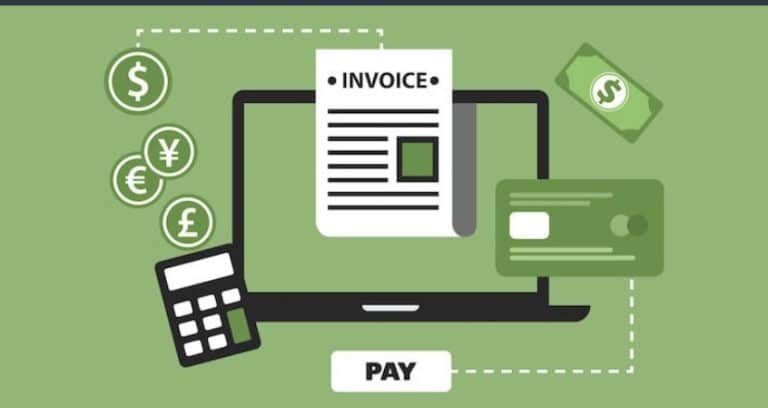4 Tax Mistakes You Can't Afford to Make

Don’t end up paying the IRS more than necessary because of these tax mistakes.
Key points
- Most Americans must file tax returns and pay taxes each year.
- Taxes can take a big bite out of your income, especially if you don’t claim all of your deductions and credits.
- Certain mistakes, like choosing the wrong filing status, can make your tax bill even bigger.
Fulfilling your obligations to the IRS is crucial to protecting your financial situation. If you fail to comply with tax rules, you could face substantial penalties. But while you need to pay what’s due, you also don’t want to overpay and be out more money than necessary.
To ensure you don’t run afoul of IRS guidelines — and that you save as much as possible on your tax bill — you’ll want to avoid these four costly tax mistakes.
1. Filing your taxes late
Complying with the IRS tax deadline is important, and failing to file on time is one of the biggest errors you could make. In fact, you’ll want to be sure you submit your returns even if you can’t pay what’s due.
There’s a simple reason why it matters so much that you get your 1040 form in. The penalty for failure to file equals 5% of taxes you owe for each partial month you’re late, up to 25% of your unpaid taxes. The penalty for failure to pay, on the other hand, is just 0.5% of the unpaid amount due, up to 25% of your unpaid bill. These penalties apply on a monthly basis, although there are certain other penalties you could be hit with if you take a long time to make things right with the IRS.
As you can see, the failure-to-file penalty is much higher than the failure-to-pay penalty. You don’t want to get stuck with such a large fee, so send in your returns on time even if you have to work out a payment arrangement with the IRS after doing so.
2. Choosing the wrong filing status
There are different filing statuses you have to choose from when you submit your returns. You could file as:
- Single
- Head of household
- Married filing jointly
- Married filing separately
- Qualifying widow(er)
Picking the wrong status could be a costly mistake. For example, if you qualify for head-of-household status but file as single, you could find yourself in a higher tax bracket and get stuck paying more. Or if you file as married filing separately instead of jointly, you could miss out on certain deductions you might otherwise be eligible for.
Make sure you learn the IRS rules for which status(es) you qualify for and choose the one that saves you the most.
3. Making the wrong choice about itemizing versus the standard deduction
When you file taxes, you’ll have a choice of claiming the standard deduction, which depends on your filing status, or itemizing and claiming a deduction for specific expenditures such as mortgage interest you paid.
You’ll want to pick the deduction method that saves you the most money — which will depend on how many deductible expenses you have. The best tax-filing software can help you do the math to see which is right for you.
4. Not claiming all your deductions and credits
Finally, you don’t want to miss out on any deductions or credits that could help you reduce your tax bill. These deductions and credits include, but are not limited to:
- The Earned Income Tax Credit
- The expanded Child Tax Credit
- Unpaid stimulus funds from 2021 stimulus bills
- The mortgage interest deduction
- A deduction for charitable contributions
- The state and local tax credit deduction
Again, tax-filing software helps you identify deductions, some of which can still be claimed even if you opt for the standard deduction.
ABOUT THE AUTHOR
Christy Bieber is a personal finance and legal writer with more than a decade of experience. Her work has been featured on major outlets including MSN Money, CNBC, and USA Today.
Source: https://www.fool.com/the-ascent/personal-finance/articles/4-tax-mistakes-you-cant-afford-to-make/




